THINK
Fostering Inquiry
Encourage infants and toddlers to investigate and ask questions
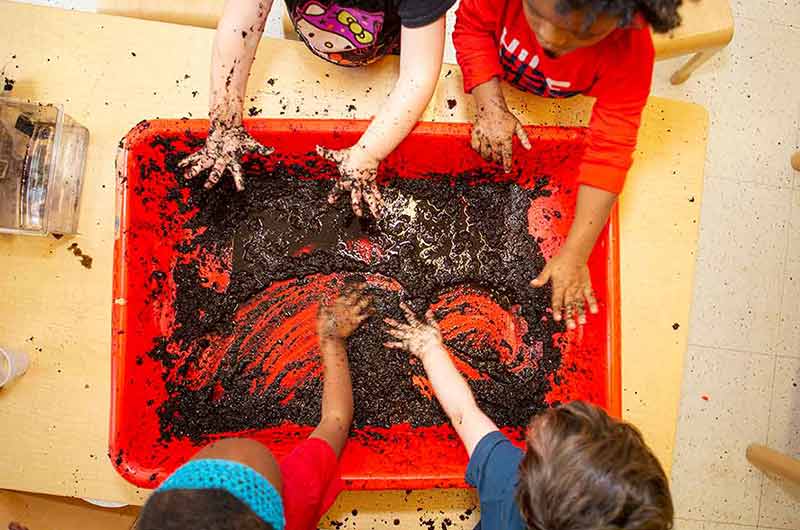
At A Glance
We know that young children are curious and love to explore! They use their inquiry skills when they investigate something new and ask questions to better understand it. These are the beginning steps of the scientific process. We can support children’s development of inquiry skills by supporting their exploration and encouraging hands-on approaches to answer their questions.What It Looks Like
A quick glance at ways you can help infants and toddlers develop inquiry skills
Make Comparisons
Model Observation
Support Curiosity
Pay attention to children’s interests and make the most of those moments, like this educator does. She notices children’s interest in a leaf blower, explains what is happening, and encourages children to follow their curiosity.
SUPPORTING THINKING SKILLS THROUGH BOOKS
Everything Grows
Written by Raffi and illustrated by Nina Mata, this story follows a brother and sister around a farm as they notice all the living things around them.
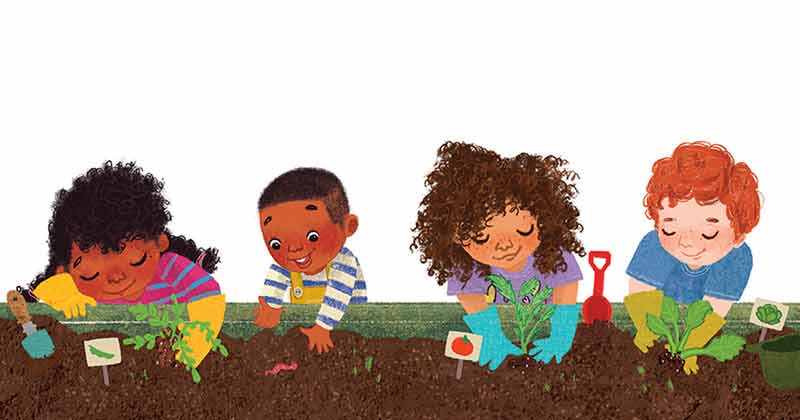
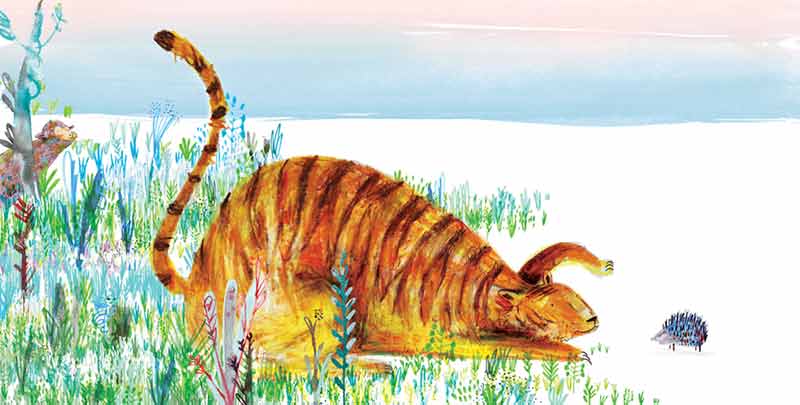
SUPPORTING THINKING SKILLS THROUGH BOOKS
The Opposite Zoo
Written and illustrated by Il Sung Na, this books follows the animals at the opposite zoo, who are ready to be compared and contrasted from night until day.
TRAUMA-INFORMED CARE
Promoting Inquiry with Independence
FAMILY CONNECTION
Supporting Inquiry Through Science
SUPPORTING INQUIRY
Science for All
This article from the NAEYC offers tips to build a science-friendly culture and environment that supports infants’ and toddlers’ natural inquiry skills.
Activity Cards for Infant and Toddler Classrooms
Part of the STREAMin3 curriculum, these activity cards provide simple and fun ways to foster inquiry skills
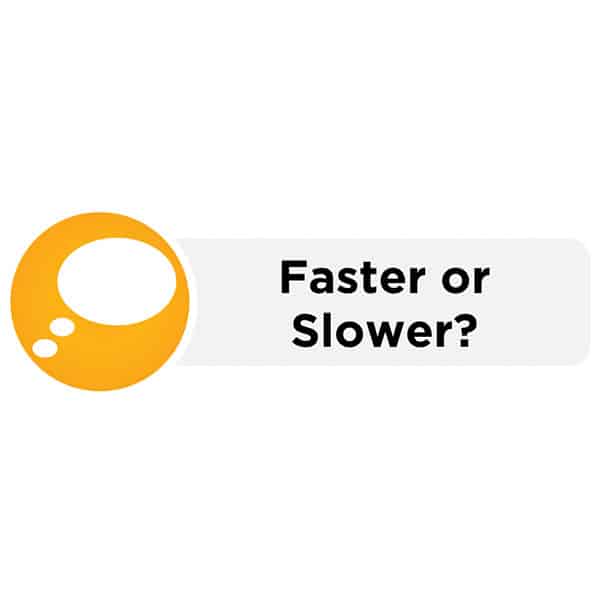
Faster or Slower?
Have fun predicting and testing how fast or slow different items will roll down a ramp.
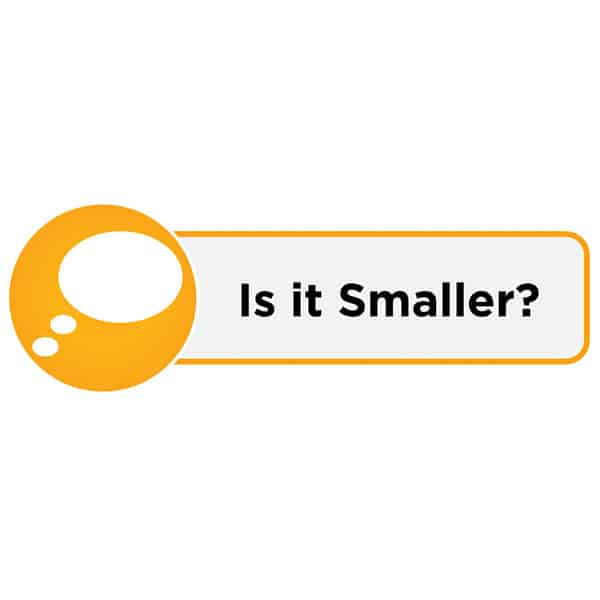
Is it Smaller?
Challenge children to find something that is bigger or smaller than your object.
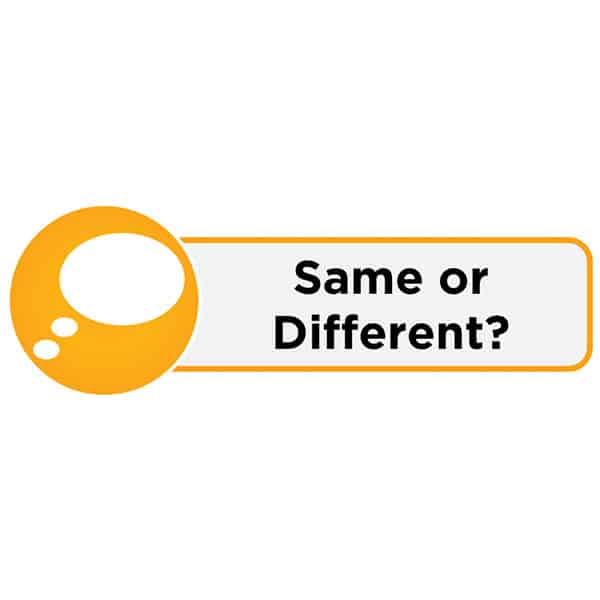

Which is More?
Prompt children to estimate or count the number of objects in two groups to see which has more.
Get Our Resource Guide
Includes questions and activities to guide your use of the videos, book suggestions, and activity cards featured for each of the Core Skills

